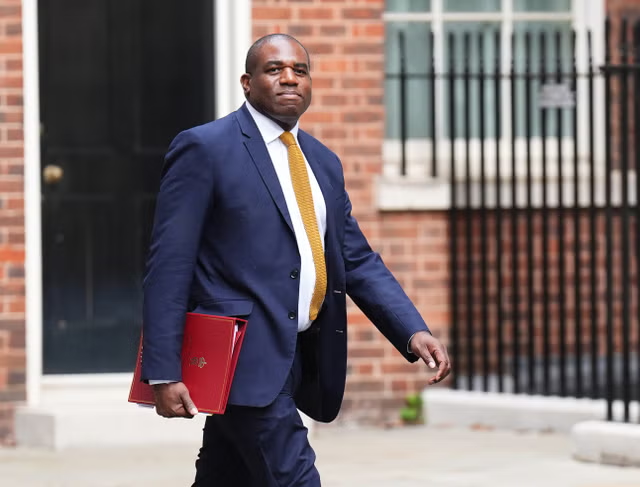Foreign Secretary David Lammy announced that the UK had suspended 30 licences for arms exports to Israel after a review.
The inspection found a “clear risk” that the exported weapons would be used in a way that could violate international law.
Facing a conflict such as this, it is this government’s legal duty to review Britain’s export licenses.
About 30 of the 350 licences would be suspended, but Lammy noted that this was “not a blanket ban” and “not an arms embargo.” The licences include components for military aircraft, helicopters, drones, and items that facilitate ground targeting.
It is with regret that I inform the House today, that the assessment I have received finds that for certain UK arms exports to Israel, there exists a clear risk that they might be used to commit or facilitate a serious violation of International Humanitarian Law (IHL). Therefore today we are announcing the suspension of around 30 export licenses to Israel as required under the Export Controls frameworks.
Earlier, the British government faced criticism over the continued licences for arms exports to Israel.
Business and Trade Secretary Jonathan Reynolds said that by suspending the licences, he was fulfilling the government’s commitment to prevent the risk of British exports being used in IHL violations during the Gaza conflict. However, the suspension does not apply to parts for the F-35 programme.
There will remain however an important commitment to maintaining the F-35 programme which is integral to international security.
Unlike the US, the UK does not supply Israel with arms directly, but grants export licences to British companies to sell arms to Israel.
